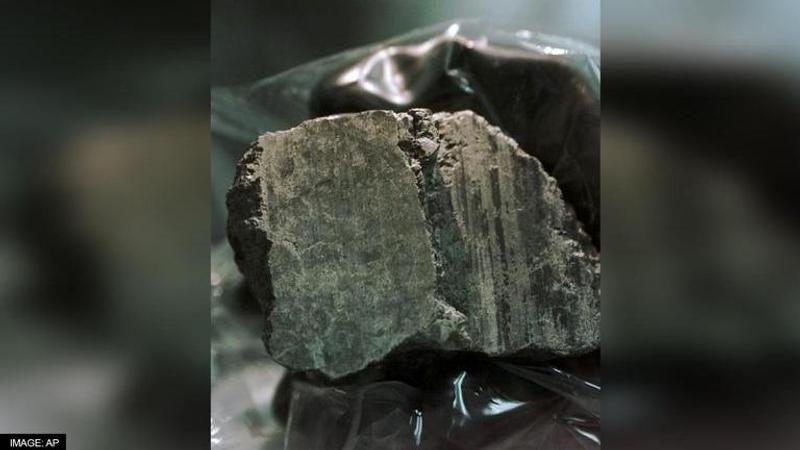Published 17:48 IST, January 14th 2022
Study of 4-bn-year old meteorite found in Antarctica dismisses evidence of life on Mars
A team from the Carnegie Institution for Science, led by Andrew Steele, have suggested that the meteorite shows no evidence of life on the Red Planet.

A 4-billion-year old meteorite from Mars which was found in Antarctica in the 1980s is considered one of the oldest known projectiles to reach Earth from the Red Planet. A NASA-led team in 1996 suggested that rock had organic compounds which appeared to have been left behind by living creatures. However, a team from the Carnegie Institution for Science, led by Andrew Steele, have suggested that the meteorite shows no evidence of Martian life, AP reported.
According to the study published in Science.org, the scientists have suggested that the meteorite, called Allan Hills (ALH) 84001, which had carbon-rich compounds were not the result of living creatures but were created by salty groundwater flowing over the rocks for a long time, as per the AP report. Andrew Steel examined the nanoscale mineralogy of the meteorite and found evidence of organic synthesis caused by serpentinisation and carbonation reactions. Steele suggested that these reactions might have occurred during the aqueous alteration of basalt rock by hydrothermal fluids.
The researchers suggested that the groundwater moving in the cracks in the rock, while it was still on Mars, formed the tiny clots of carbon. Andrew Steele who has done research on organic material in Martian meteorites and is a member of both the Perseverance and Curiosity rover science teams explained that the analysis of meteorite's minerals would help in revealing information about geochemical processes that took place early in Earth’s history and potential of Mars for habitat, according to the Carnegie Science press release.
Andrew Steele credits advanced technology for new findings
Steele stated that advancement in technology has resulted in new findings. He lauded the original researchers for the measurements and stressed that their analysis “was a reasonable interpretation” at the time. However, two scientists who were part of the original study called the latest findings “disappointing" and defended the observations made in 1996.
Kathie Thomas-Keprta and Simon Clemett, astro-material researchers at NASA’s Johnson Space Center in Houston, in an email to AP, wrote that the data adds to the information about the meteorite, however, "the interpretation is hardly novel, nor is it supported by the research." They added, “Unsupported speculation does nothing to resolve the conundrum surrounding the origin of organic matter."
(With inputs from AP, Image: AP)
Updated 22:49 IST, January 14th 2022




